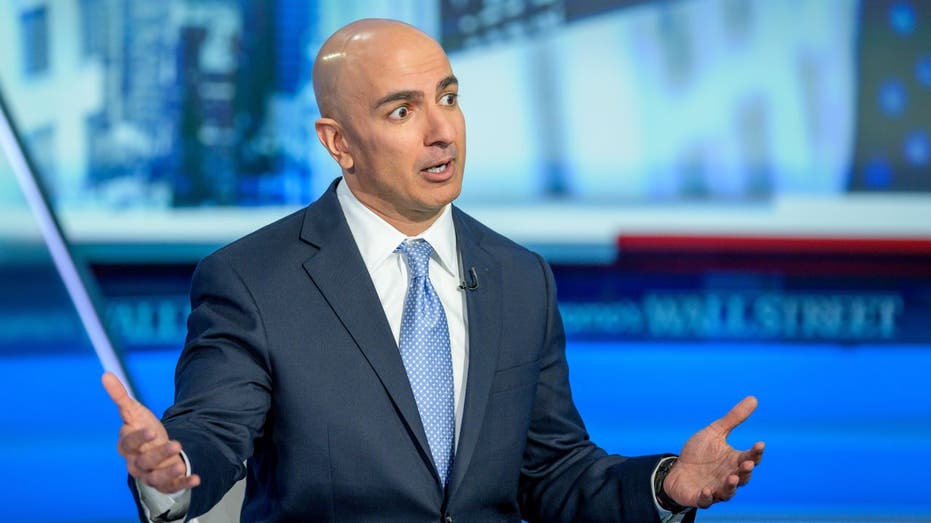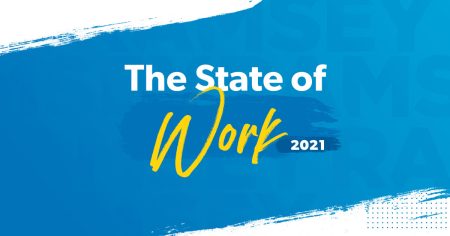Neel Kashkari, the president of the Federal Reserve Bank of Minneapolis, says one of the things he has learned in the past few years is that consumers would rather see the economy fall into a recession than to continue to suffer the pain of soaring prices.
“The American people – and maybe people in Europe, equally – really hate high inflation,” Kashkari told the Financial Times podcast “The Economics Show with Soumaya Keynes” last week. “I mean, really, viscerally hate high inflation.”
Kashkari, who has led the Minneapolis Fed since 2016, said he has participated in several roundtable discussions with labor groups and workers around his region over the past couple years, and the comment that stuck with him the most was from a labor leader who represents low-income service workers.
The Minneapolis Fed chief said the labor leader represented workers in grocery stores and hotels, not higher-paid laborers like autoworkers or welders.
CHARLES PAYNE: THE MIDDLE CLASS IS GETTING SQUEEZED
“She said to me, ‘Inflation is worse than a recession,’” Kashkari recalled. “That is contrary to conventional economic thinking. And I said, ‘I don’t understand that. How can inflation be worse than a recession? In a recession, you lose your job. Inflation is paying higher prices, [but] you still have a job.'”
Kashkari said the labor leader told him that her members were used to dealing with recessions, and the way they get through a recession is by relying on friends and family. For instance, if they lose their job, they can lean on a sibling, parents or friends for help.
FED SHOULD BE WARY OF CUTTING INTEREST RATES TOO QUICKLY: RYAN PAYNE
But high inflation affects everybody, she told the Fed president. Meaning, there is no one in her members’ networks that they can lean on for help because everyone they know is experiencing the same thing.

“That was a profound comment for me to hear,” Kashkari told the podcast hosts. He said that comment led him and the economists at the Minneapolis Fed to debate it a lot because the labor leader “was on to something.”
“If you look now, the economy is, in the U.S., quite strong, the labor market is strong, inflation is coming down, and many, many people are deeply unhappy about the status of the economy,” Kashkair said. “I think it’s because of the high inflation that they’ve experienced.”
Read the full article here
















